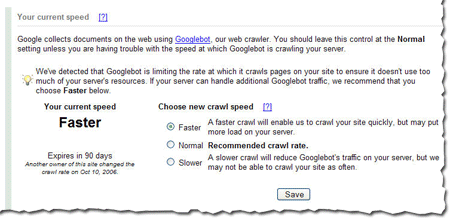While Encrypting a File with a Password from the Command Line using OpenSSLis very useful in its own right, the real power of the OpenSSL library is itsability to support the use of public key cryptograph for encrypting orvalidating data in an unattended manner (where the password is not required toencrypt) is done with public keys.
- Key Generation Software
- Openssl Key Generation Without Password Windows 10
- Openssl Verify Key Password
- Openssl Key Password
- Openssl Key Generation Without Password Key
Jan 31, 2010 Use your key to create your ‘Certificate Signing Request’ - and leave the passwords blank to create a testing ‘no password’ certificate openssl req -new -key server.key -out server.csr Output. Jun 19, 2015 openssl – the command for executing OpenSSL; pkcs12 – the file utility for PKCS#12 files in OpenSSL-export -out certificate.pfx – export and save the PFX file as certificate.pfx-inkey privateKey.key – use the private key file privateKey.key as the private key to combine with the certificate.
Elixir generate public and private key. Bitcoin uses point multiplication on the Elliptic Curve to generate a public key from a private key. Basically, this curve has a defined Generator point G, and a method for 'adding' two points together in a way to get a new point.Your private key is just a number, aka a Scalar, so to get your public key you just add the generator point to itself privkey number of times - basically scalar multiplication on the Elliptic curve.
The Commands to Run
Generate a 2048 bit RSA Key
You can generate a public and private RSA key pair like this:

openssl genrsa -des3 -out private.pem 2048
That generates a 2048-bit RSA key pair, encrypts them with a password you provideand writes them to a file. You need to next extract the public key file. You willuse this, for instance, on your web server to encrypt content so that it canonly be read with the private key.
Export the RSA Public Key to a File
This is a command that is
openssl rsa -in private.pem -outform PEM -pubout -out public.pem
The -pubout flag is really important. Be sure to include it.
Next open the public.pem and ensure that it starts with-----BEGIN PUBLIC KEY-----. This is how you know that this file is thepublic key of the pair and not a private key.
To check the file from the command line you can use the less command, like this:
less public.pem
Do Not Run This, it Exports the Private Key
A previous version of the post gave this example in error.
openssl rsa -in private.pem -out private_unencrypted.pem -outform PEM
The error is that the -pubout was dropped from the end of the command.That changes the meaning of the command from that of exporting the public keyto exporting the private key outside of its encrypted wrapper. Inspecting theoutput file, in this case private_unencrypted.pem clearly shows that the keyis a RSA private key as it starts with -----BEGIN RSA PRIVATE KEY-----.
Key Generation Software
Visually Inspect Your Key Files
It is important to visually inspect you private and public key files to makesure that they are what you expect. OpenSSL will clearly explain the nature ofthe key block with a -----BEGIN RSA PRIVATE KEY----- or -----BEGIN PUBLIC KEY-----.
You can use less to inspect each of your two files in turn:
less private.pemto verify that it starts with a-----BEGIN RSA PRIVATE KEY-----less public.pemto verify that it starts with a-----BEGIN PUBLIC KEY-----
The next section shows a full example of what each key file should look like.
The Generated Key Files
The generated files are base64-encoded encryption keys in plain text format.If you select a password for your private key, its file will be encrypted withyour password. Be sure to remember this password or the key pair becomes useless.
The private.pem file looks something like this:
The public key, public.pem, file looks like:
Protecting Your Keys
Depending on the nature of the information you will protect, it’s important tokeep the private key backed up and secret. The public key can be distributedanywhere or embedded in your web application scripts, such as in your PHP,Ruby, or other scripts. Again, backup your keys!
Openssl Key Generation Without Password Windows 10
Remember, if the key goes away the data encrypted to it is gone. Keeping aprinted copy of the key material in a sealed envelope in a bank safety depositbox is a good way to protect important keys against loss due to fire or harddrive failure.
Openssl Verify Key Password
Oh, and one last thing.
Openssl Key Password
If you, dear reader, were planning any funny business with the private key that I have just published here. Know that they were made especially for this series of blog posts. I do not use them for anything else.
Found an issue?
Rietta plans, develops, and maintains applications.
Learn more about our services or drop us your email and we'll e-mail you back.